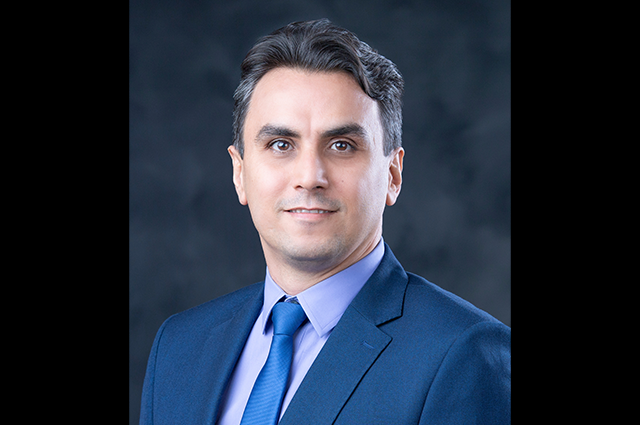Preparing equitable adaptation strategies for levees in a changing climate

Levees are a critical component of protection against flooding and sea level rise in the US with over two-thirds of the American population living in a county protected by at least one levee system. Ensuring that levees are well-maintained will help protect communities from flooding, storm surges, and other related hazardous events.
Professor and Berger Chair Farshid Vahedifard of the Department of Civil and Environmental Engineering recently received National Science Foundation (NSF) funding to develop adaptation strategies that ensure the resilience of the nation’s levees in the face of climate change while promoting equity and environmental justice. Previous research from Vahedifard and colleagues has shown that communities living behind decaying levees skew disproportionately towards groups including minorities, people with disabilities, and individuals and families with lower income and lower levels of education, which Vahedifard categorizes as historically underserved and socially vulnerable communities (HUSVCs). Building on this prior work, the NSF grant will support Vahedifard as he examines vulnerabilities and disparities within leveed communities and develops an integrated framework for engineering design and risk assessment of levees.
The project involves a multidisciplinary effort with Vahedifard serving as the lead Principal Investigator. Other team members include Amir Aghakouchak from the University of California, Irvine, Dustin Brown from Mississippi State University, and Kaveh Madani from the United Nations University. The project draws from multiple fields, including civil engineering, climate science, social science, and decision-making, to comprehensively address various aspects, including the evolving risk of flooding in a changing climate, the short- and long-term integrity of levees, and the socioeconomic conditions of leveed communities.
Climate change has exacerbated flooding patterns in many regions, and observed sea level rise in coastal areas has further heightened the risk of flooding. Following this increased risk, Vahedifard’s project, titled “CLIMA: Equitable Adaptive Strategies for Flood Protection Infrastructure under Current and Future Compound Hazards” will compile a comprehensive database of levees across the nation and evaluate which ones are most in need of support. His work intends to build upon the National Levee Database which would contribute to a better understanding of the state of levee systems across the US as a whole.
The project emphasizes equity in climate change adaptation. Taking a collaborative approach, the researchers will engage with community members to develop a plan that incorporates their needs and priorities. The work will introduce a new framework termed the Equitable Levee Resilience (ELR) framework, which prioritizes HUSVCs in adaptation strategies to address the historical and systemic inequalities that make some levee systems less prepared for the increasing challenges of climate change. Vahedifard aims to create an equitable climate adaptation strategy regarding levees that addresses technical, socioeconomic, and policy factors. Although his work will focus on levees, he hopes that the ELR framework will be applied to a wide range of climate adaptation scenarios and empower stakeholders to make informed decisions as the compounding effects of climate change continue to grow.
The content of this article is solely the responsibility of the authors and does not necessarily represent the official views of the National Science Foundation. Research reported in this article was supported by the National Science Foundation, under the following award number: 2401545
Department:
Civil and Environmental Engineering